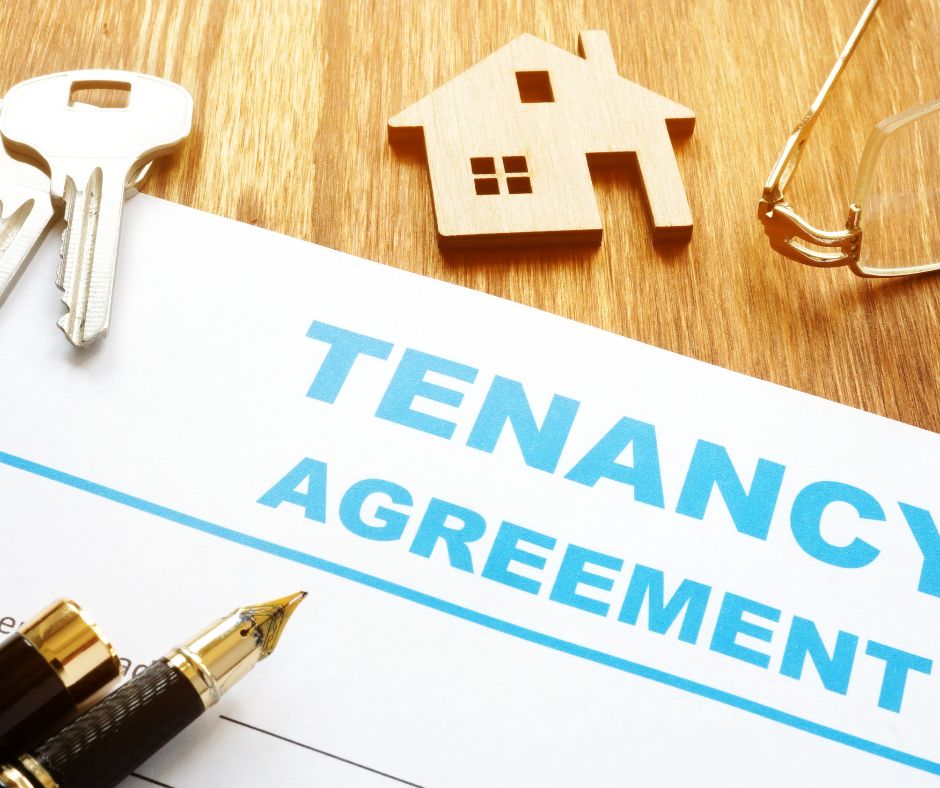Over the last few months, there have been lots of scare stories in the popular media claiming that Section 21 no-fault evictions will soon be banned – and that landlords will not be able to evict their tenants if they need to. In this article, we put the story straight and consider the current state of play with evictions.
What are Section 21 no-fault evictions?
If you’re not entirely sure, it’s nothing to be embarrassed about. Most landlords don’t encounter Section 21 or its sibling, Section 8, very often.
Section 21 is a clause in the Housing Act 1988. It means you can ask your tenant to leave at any time after a fixed tenancy period ends. You don’t need to give a reason and the tenant doesn’t need to have done anything wrong. That’s why it’s nicknamed a ‘no fault’ eviction.
Section 8 is different because you can only use it if your tenant has breached the terms of their tenancy, such as not paying the rent or damaging your property. You need to have specific grounds to use it, and be able to prove them in court if necessary.
Landlords generally prefer to use Section 21 where they can because it’s easier and cheaper. Section 8, on the other hand, isn’t always an easy or cheap procedure.
Banning Section 21 – where did the idea start?
Some people have been critical of Section 21 for years now. They argue that a system where a tenant can be evicted when they have done nothing wrong is fundamentally unfair.
Many landlords and agents would agree with that. But, sometimes, there are situations when you just need to get your property back.
In their Renters (Reform) Bill, the last Conservative government said they would ban Section 21 no-fault evictions. That didn’t become law, of course. But Labour broadly supported the idea and have their own plans to abolish Section 21.
So, has the new Labour government banned Section 21?
No. You can still use Section 21 to evict a tenant if you want to.
The now Deputy PM Angela Rayner should probably have kicked herself when, late last year, she announced that Section 21 would be banned on Labour’s first day in office. As a politician, she should have known that you can’t change any law in a day.
Keir Starmer (who, as a lawyer, probably knows very well the law grinds slowly) chose his words more carefully. He said, just before the election, that banning Section 21 would be a priority for the new government.
But in politics, a priority does not necessarily mean anytime soon!
When will Section 21 be banned… and what will replace it?
In the King’s Speech, the new Labour government announced that it will introduce a new Renters’ Rights Bill. If this becomes law (and it probably will eventually), this is likely to see Section 21 no-fault evictions abolished… amongst many other measures.
But here’s the rub: It’s not likely to happen all that quickly. First of all, a new Renters’ Rights Bill needs to be published – it hasn’t as yet. Then, it needs to be debated extensively in Parliament. Even once it becomes law, the new rules are likely to be phased in gradually. All that is going to take some time.
If and when a Section 21 ban comes in, it will not mean you cannot evict a tenant – there will be a new eviction process for landlords to use. Detail is light at the moment but this is likely to be a reformed and expanded version of the current Section 8 process. (Labour are saying this will be a lot clearer and simpler to use than the current Section 8 procedure.)
I’m a landlord! Should I get out of here?
The most sensible thing would probably be to carry on as normal for now. It would be a great shame to sell a good rental property (and lose a good tenant) just because of scare stories in the media.
If you need to, you can still evict a tenant using Section 21… or Section 8. That’s unlikely to change in a hurry.
But we recommend that you keep a close eye on how the new Renters’ Rights Bill is shaping up. If it looks like a Section 21 ban is incoming, you can look at your options then.
Keep an eye on our blog, and we’ll keep you in the loop. And don’t hesitate to get in touch with us if you need any more information or advice about letting your property.





